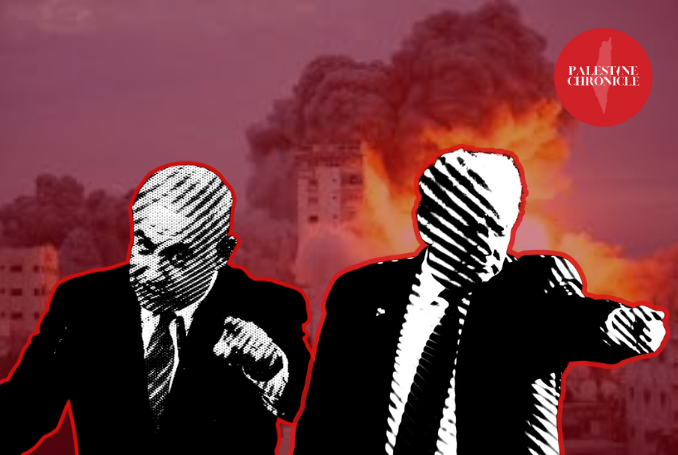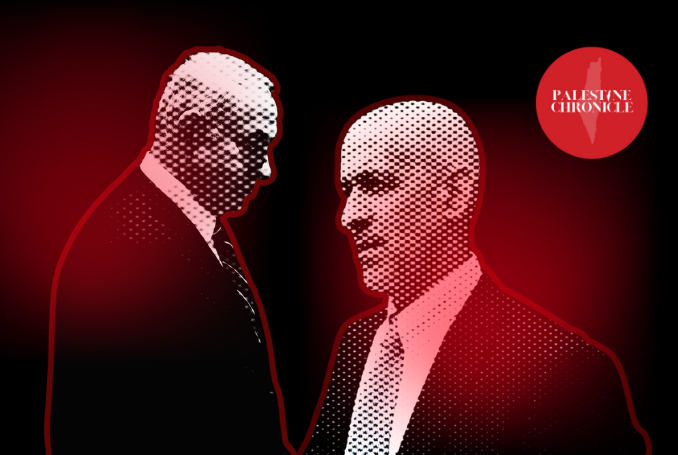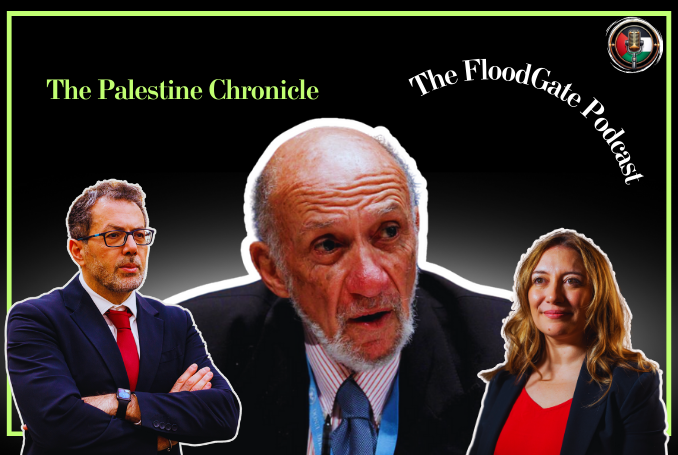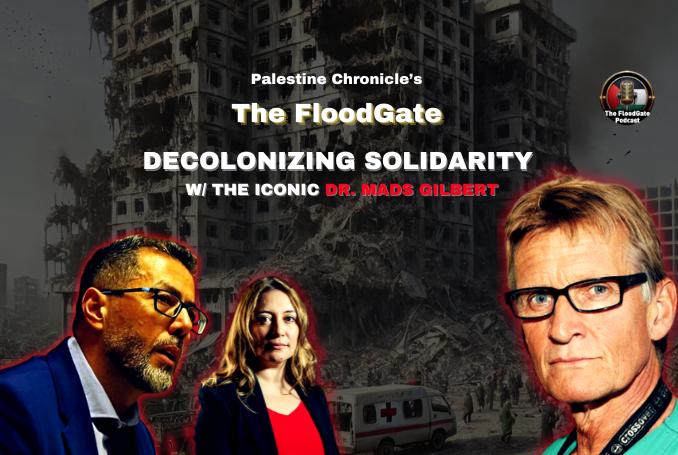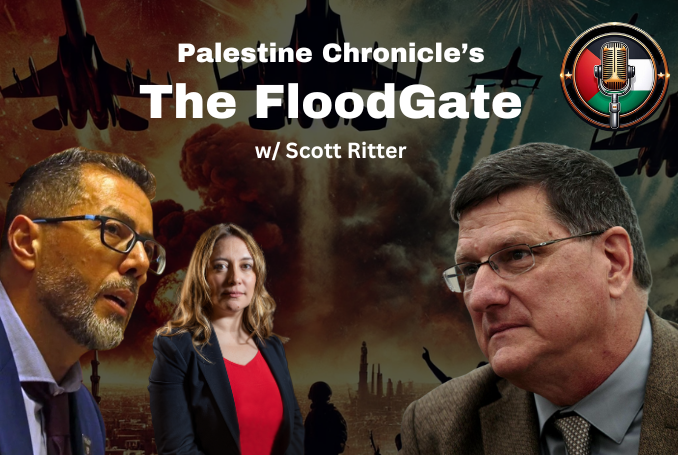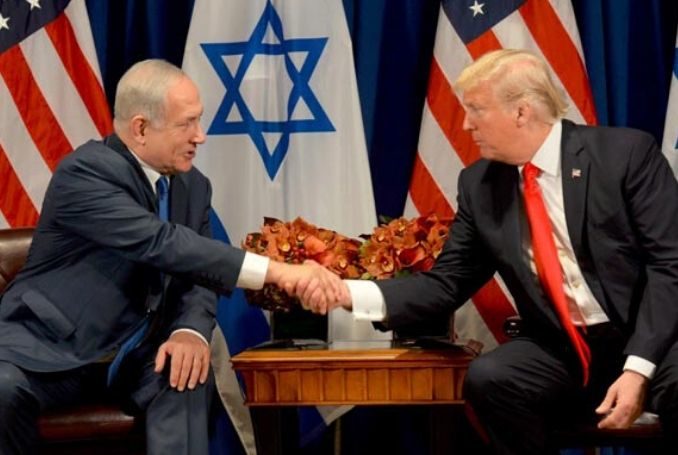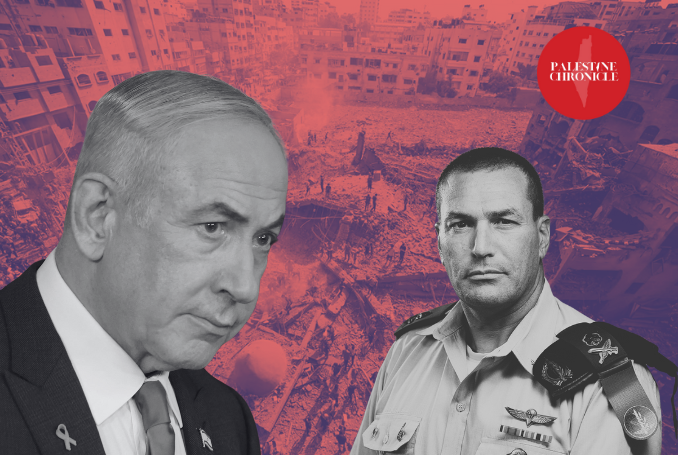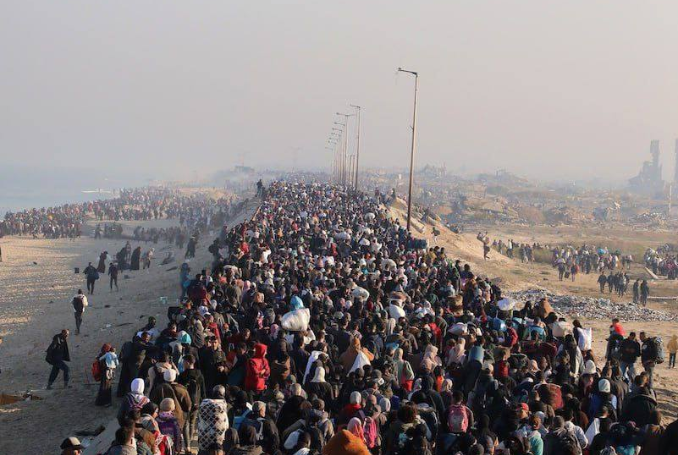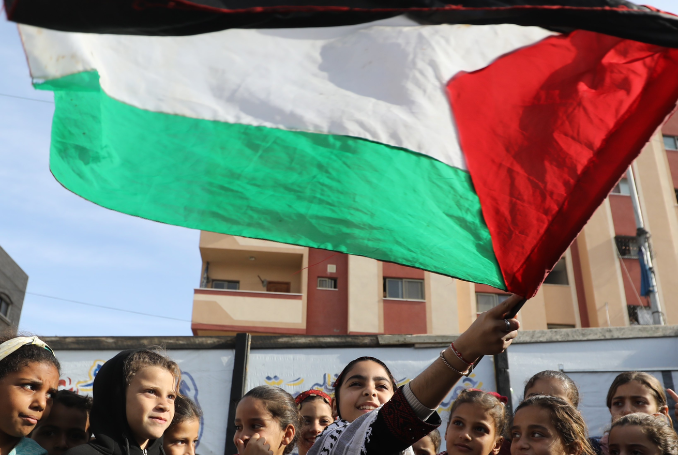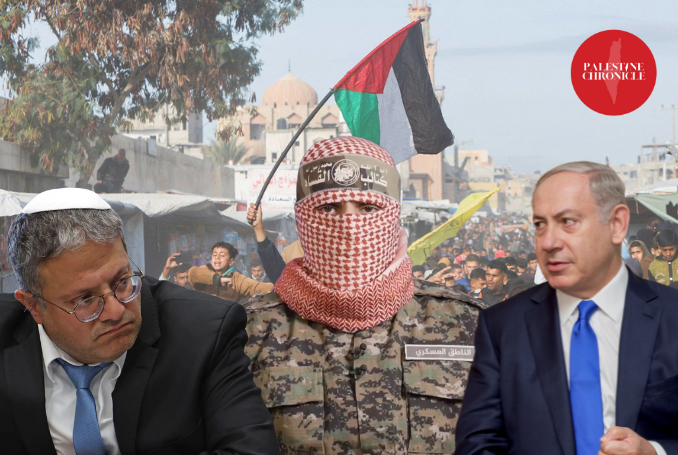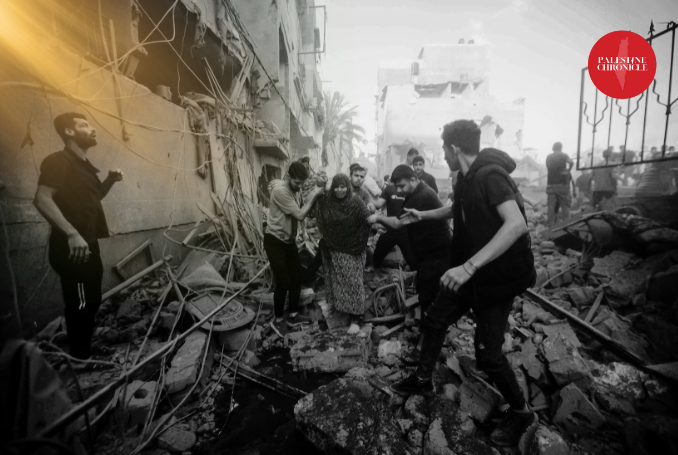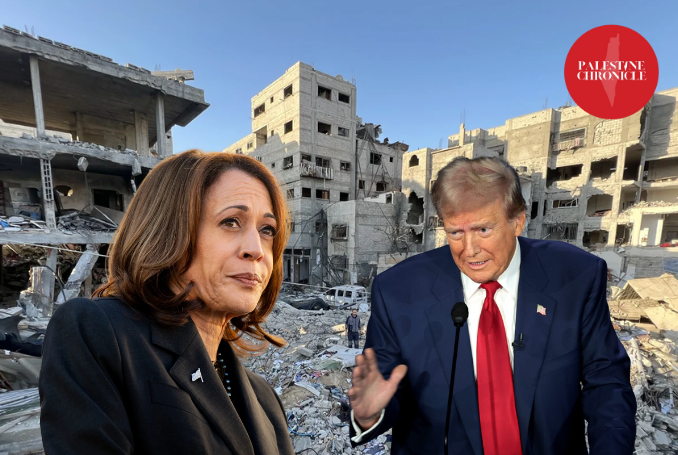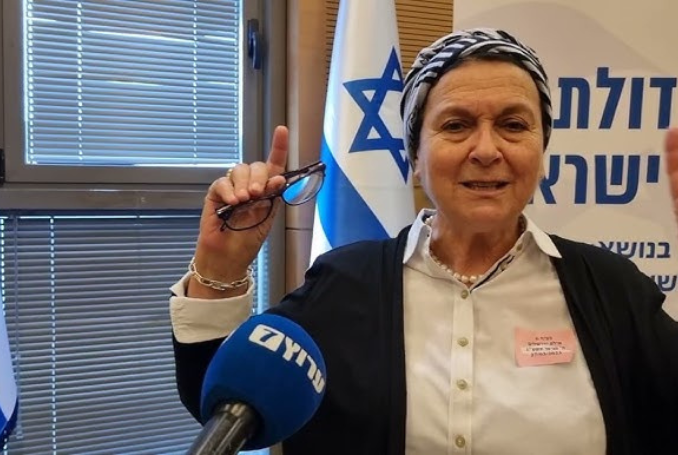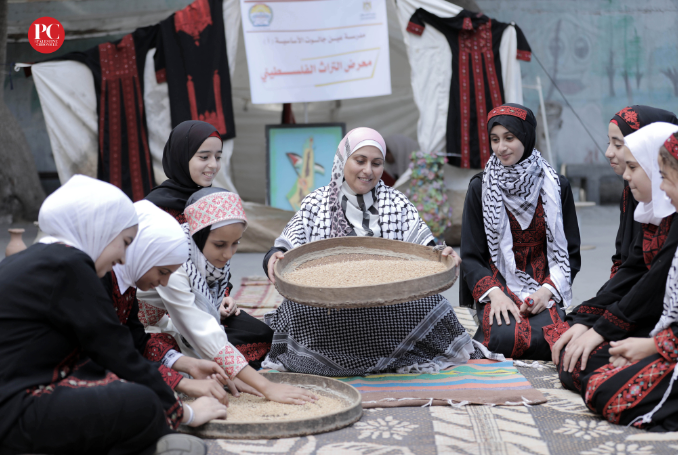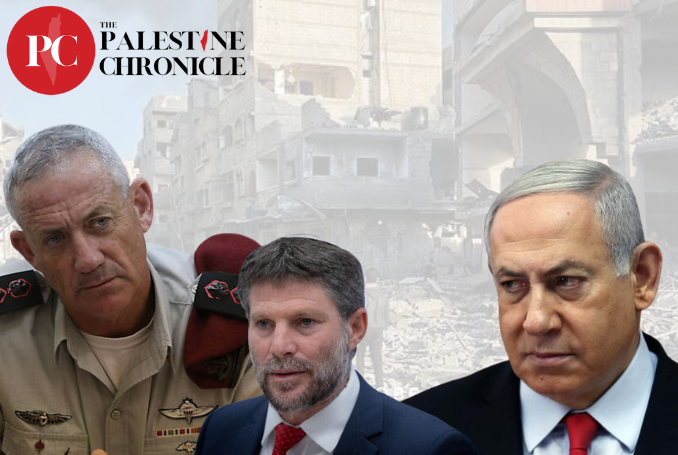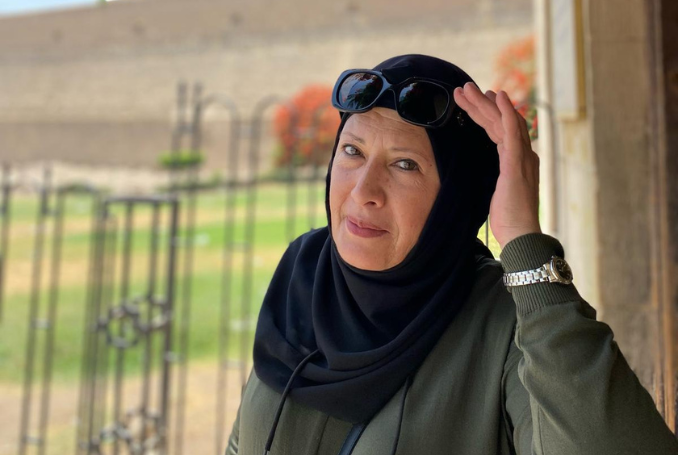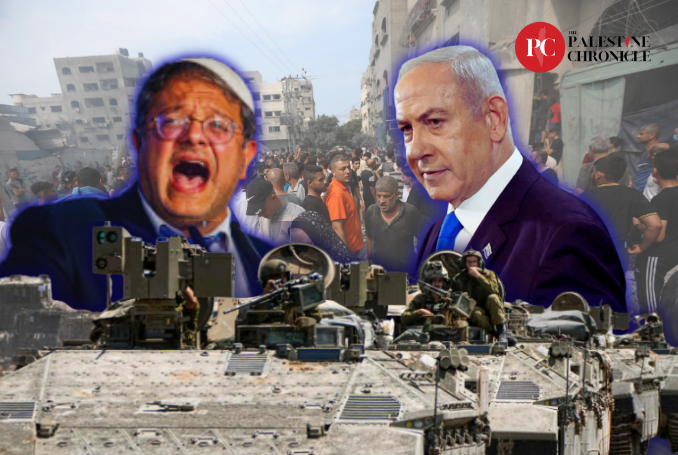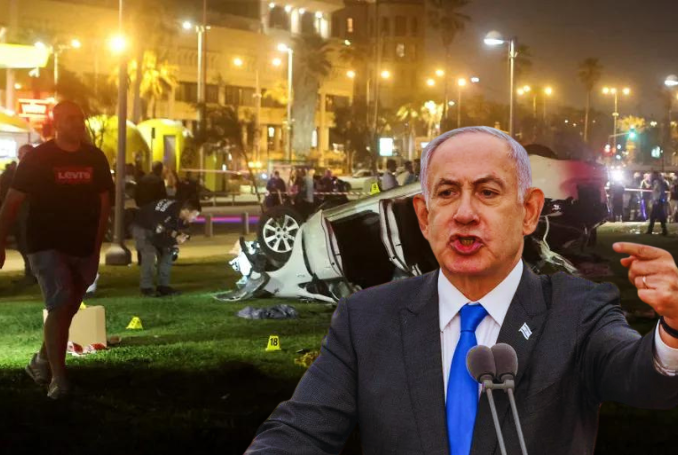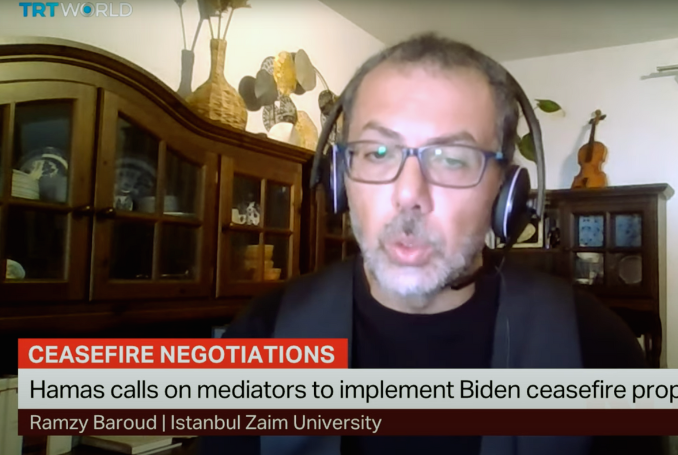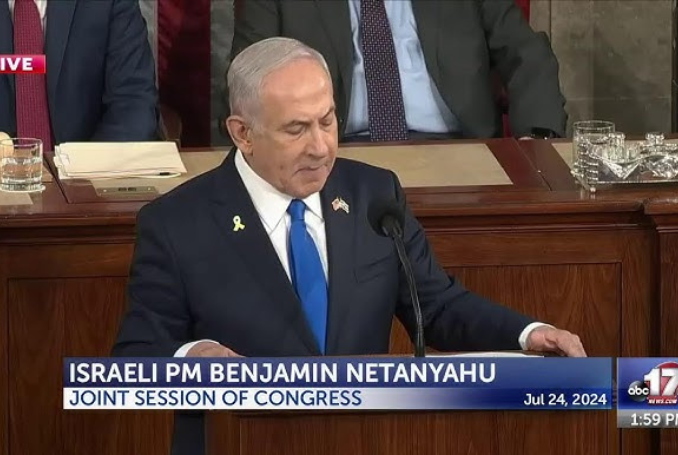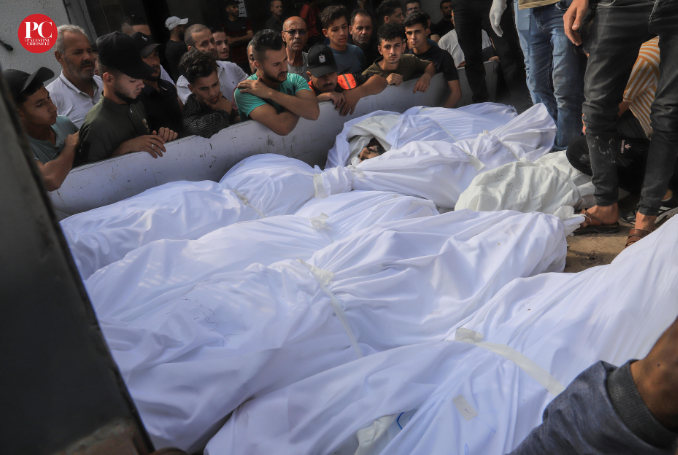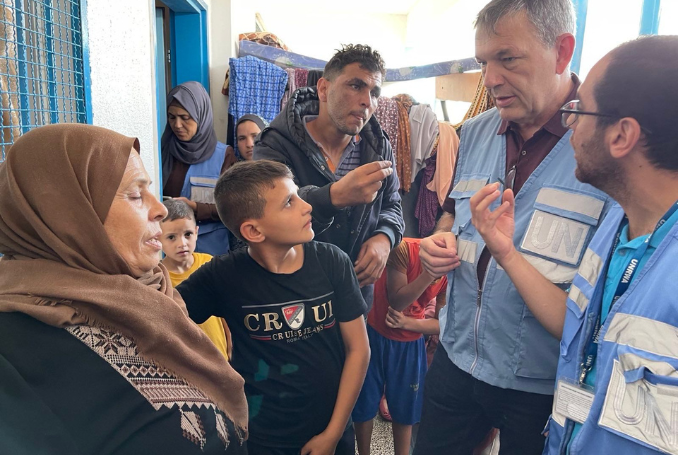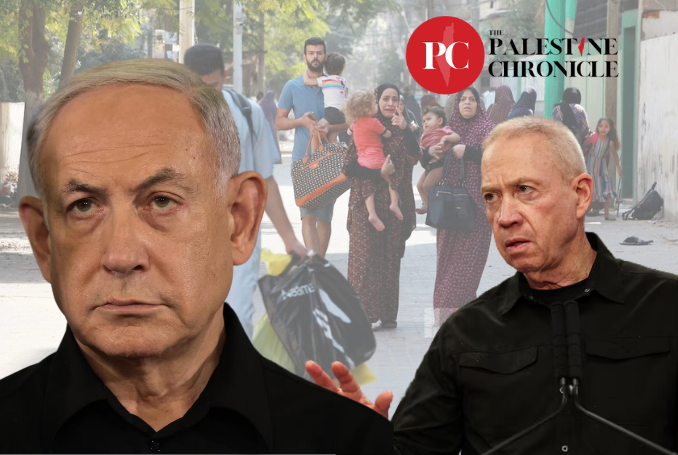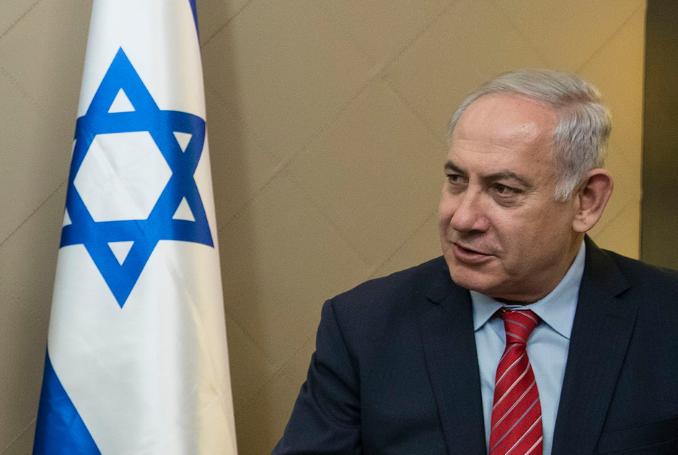- June 6, 2025
Beneath the Surface: Is the Trump-Netanyahu ‘Unthinkable’ About to Erupt?
Netanyahu’s political standing is diminished. He is perceived as a failed political leader and military strategist, unable to secure decisive victories or extract political concessions from his adversaries.
The Politics Behind Netanyahu’s Shin Bet Scandal, and the Trump Factor
Netanyahu’s actions have violated a longstanding taboo, further exacerbating Israel’s already unprecedented internal crisis.
Why Intl. Law Fails Palestinians: Seven Takeaways from FloodGate Interview with Richard Falk
Professor Richard Falk’s insights on international law, the Israeli-Palestinian conflict, and the failure of global institutions provide a compelling analysis in this FloodGate interview with Ramzy Baroud and Romana Rubeo.
FloodGate Podcast Hosts Dr. Mads Gilbert: Decolonizing Solidarity
Dr. Mads Gilbert joins the Floodgate Podcast to discuss Israel’s systematic attacks on Gaza’s healthcare system and the urgent need to decolonize solidarity..
FloodGate Podcast Hosts Scott Ritter: Can Trump and Netanyahu Reshape the Middle East?
The conversation also delved into Israel’s mounting losses in Gaza, with newly released figures suggesting nearly 6,000 Israeli soldiers have been killed in 2024 alone.
Unpredictable Politics: Trump, Palestine, and the Middle East – A Cairo Review Analysis
In my latest article, I examine the unpredictable nature of Trump’s Middle East policies, particularly on Palestine, and analyze the potential impact of his second term on U.S. relations with the region.
Trump’s Claims on Gaza Expulsion Challenged by Dr. Ramzy Baroud
In a recent interview, Dr. Baroud emphasized that Trump holds no real leverage over the Palestinian people.
From Gaza to the West Bank: Israel’s Unyielding War Machine
If Israel persists in making 2025 a “year of combat” focused on the West Bank, the consequences could be dire, especially for an army that has already suffered unprecedented losses on multiple fronts.
The Great March of Hope: Gaza’s Defiance against Erasure
Since the Nakba, Israel has insisted it will write the history of the land between the Jordan River and the sea. But Palestinians continue to prove Israel wrong.
Politics or Empty Rhetoric? Examining Trump’s Call for Ethnic Cleansing in Gaza
Trump and his new government of pro-Israel extremists must realize that the Middle East of today is different from the one that rushed to normalize relations with Israel during his first term.
Dear World: This is What Palestinian Unity Looks Like
The war on Gaza has forged an unbreakable Palestinian unity—one built not in conference halls but in the streets, the rubble, and the resistance.
On the Long History of Gaza’s Sumud: Why the War Ended
It is important to recognize that Palestinians in Gaza stood their ground, despite immense losses, and prevailed. This can only be credited to them.
Gaza Ceasefire at Last: How Israel’s ‘First Defeat’ Will Shape the Country’s Future
Unlike previous military campaigns in Gaza—on a much smaller scale compared to the current genocidal war—there is no significant strand of Israeli society claiming victory.
Letters from Gaza – ‘Alhamdulillah. We Are Not Okay’
Over the past 14 months, I have received hundreds of messages from family members throughout the Gaza Strip. The nature of the messages often conveyed a sense of urgency and panic but, at times, contentment in God’s will.
‘Genocide’ vs ‘Bigger Genocide’ in Gaza: Time to Decolonize Our Minds
The world is vastly changing, and it is time for us to change as well. Fanon had already discovered the cure: We must clinically detect and remove the rot, not only from our land but from our minds as well.
‘Gaza is Ours, Forever’ – Israel’s ‘Strategy’ of Ethnic Cleansing in Gaza
Israel’s success and failure, however, will ultimately be determined by this maxim: as long as the Palestinian people are fighting back, Weiss and her fellow extremists will not find safety in Gaza.
The Long History of Palestine – How Palestinians See Their Future and Their Past
If the oppressed, the natives of the land, are not fully vanquished or decimated, they are likely to rise, fight and win back their freedom.
Israel’s Biblical Wars of ‘Self Defense’: The Myth of the ‘Seven War Fronts’
There is a difference between a country fighting a defensive war on multiple fronts and another fighting for colonial expansion.
‘Text Me You Haven’t Died’ – My Sister was the 166th Doctor to Be Murdered in Gaza
For us, Soma was a larger-than-life figure. This is precisely why her sudden absence has shocked us to the point of disbelief.
Using the Gaza Playbook in Lebanon – How Words Can Justify a Genocide
Perpetuating Israeli lies is dangerous, not only because truth-telling is a virtue but also because words kill, and dishonest reporting can, in fact, succeed in justifying genocide.
Israel’s True Objectives in Gaza, and Why It Will Fail
Israel’s new plans will not succeed simply because Israel continues to face the same obstacle: the steadfastness of the Palestinian people.
Zionism Vs. Zionism – Are the Kahanists Accelerating the ‘Collapse of Israel’?
Kahanism here is a reference to the Kach Party of Rabbi Meir Kahane. Though now banned, Kach has resurfaced in numerous forms, including in Ben-Gvir’s Otzma Yehudit party.
A Strategic Shift – Will Palestinian Groups Return to ‘Martyrdom Attacks’ inside Israel?
By denying Israelis any sense of security in major cities inside Israel, the Israeli public could, once more, turn against Netanyahu for failing to deliver on any of his lofty promises.
How Israel Thwarts Ceasefire Talks before They Begin – Baroud Tells TRT (VIDEO)
“I think what Hamas is doing is something they should have done a long time ago, there was indeed an agreed upon proposal … the Palestinians have accepted with no preconditions, with no changes and no alterations.”
The Failed Palestine Reset: How Netanyahu Engineered His Own Irrelevance
When Netanyahu mattered, his speeches often led to wars, or major regional instability. But Netanyahu no longer matters, except for a few US politicians vying for re-election.
‘Watering down’ Genocide: No More Moral Compromises on Palestine, Please
To further expose western duplicity in Gaza, we must learn to speak with no reservations, no matter the restrictions on the pro-Palestine voice or the censorship on social media.
‘Terrorist Organization’? What’s Behind the Israeli War on UNRWA
The Israeli attacks on the UN, all its institutions, but particularly the UN agency responsible for the welfare of Gaza’s refugees (UNRWA), serve a different purpose than that of mere ‘collective punishment’.
The Altalena Affair: Is Israel Heading towards a Civil War?
“There will be no civil war” in Israel, Israeli Prime Minister Benjamin Netanyahu said on June 18. But he might be wrong.
Growing up in Nuseirat – Where Massacres Become Routine
Nuseirat, like Gaza, is a representation of a culture that cannot be broken, no matter the firepower, or the extent of the massacres.
‘Wishful Thinking’ – Does Israel Have All the Cards in Gaza?
Netanyahu does not seem to have an actual plan for Gaza, neither for now nor after the war. So, he prolongs the war despite the fact that his army is exhausted, depleted and is being forced to fight on multiple fronts.


